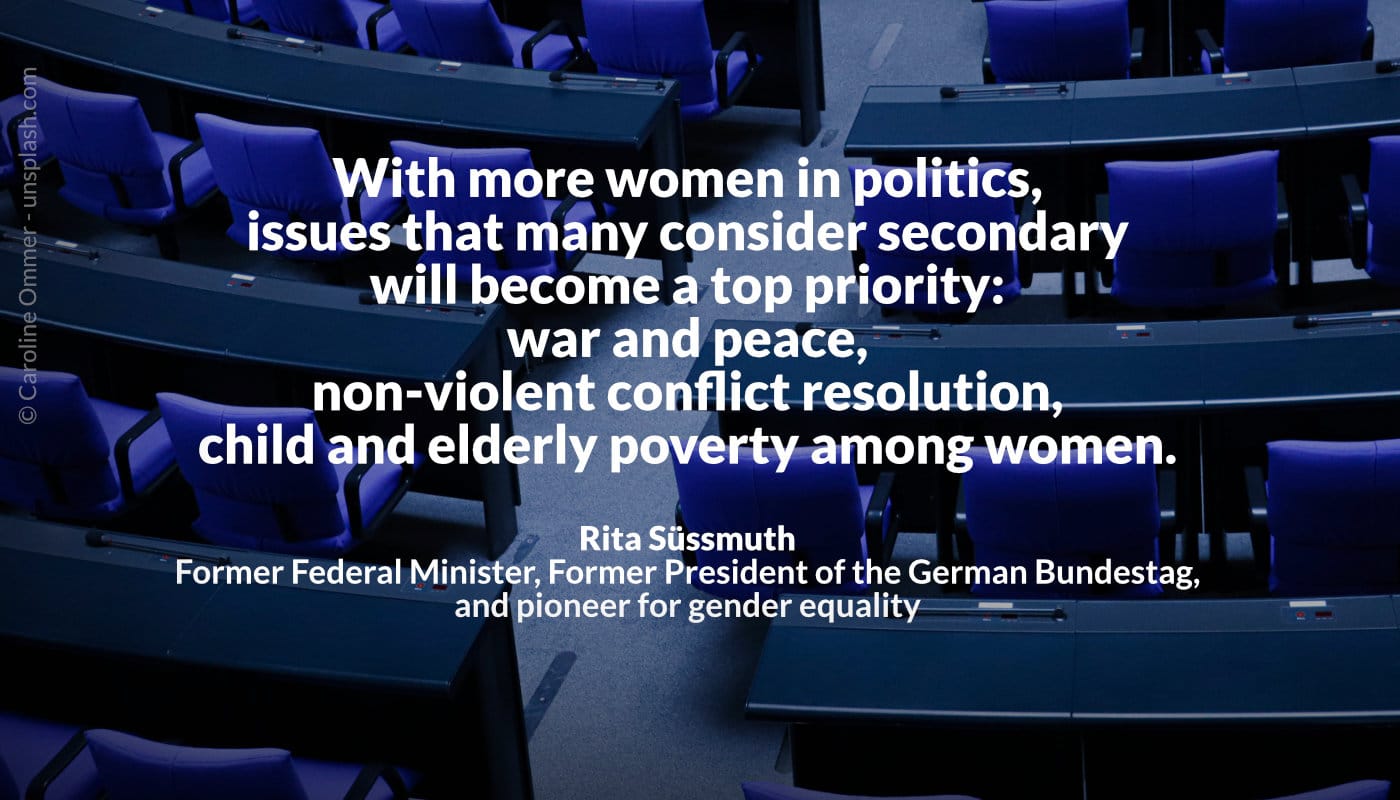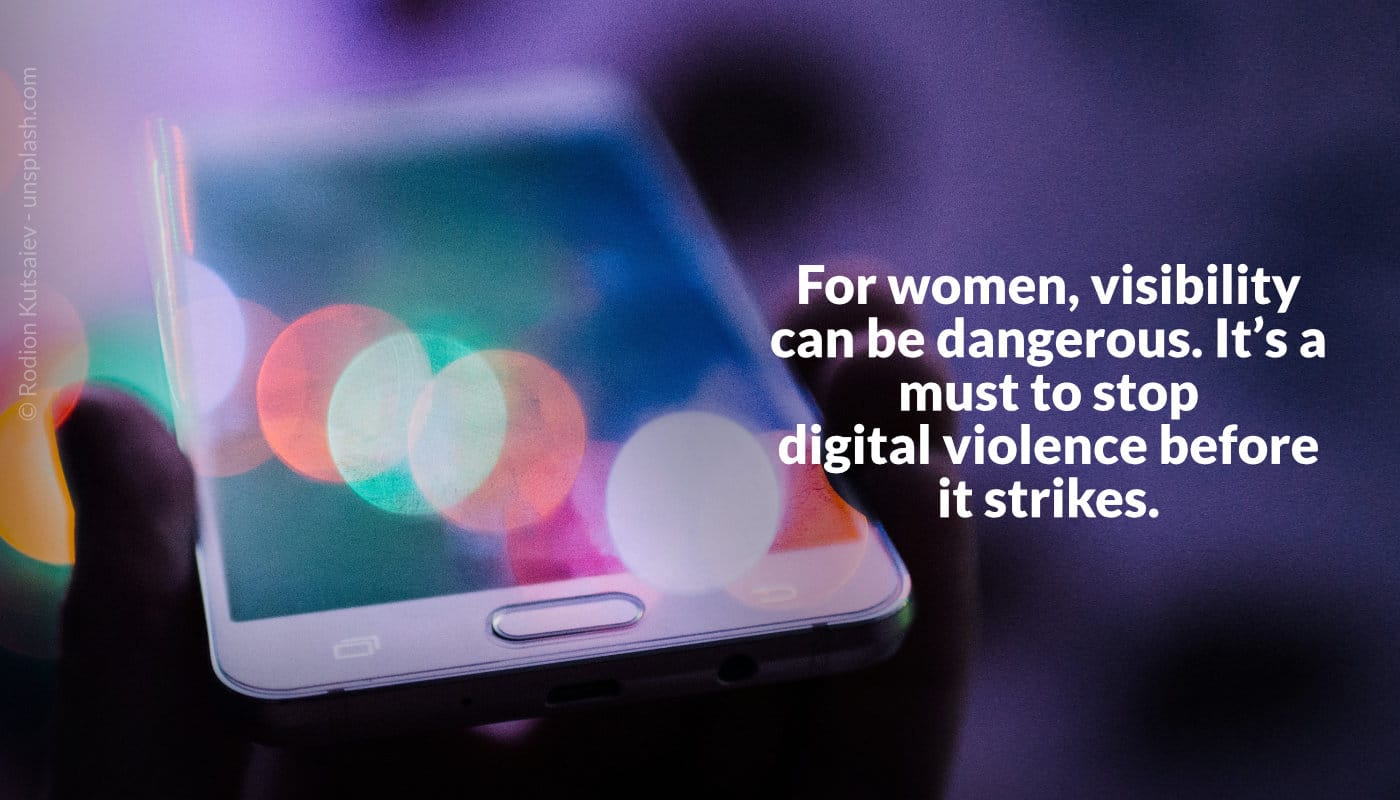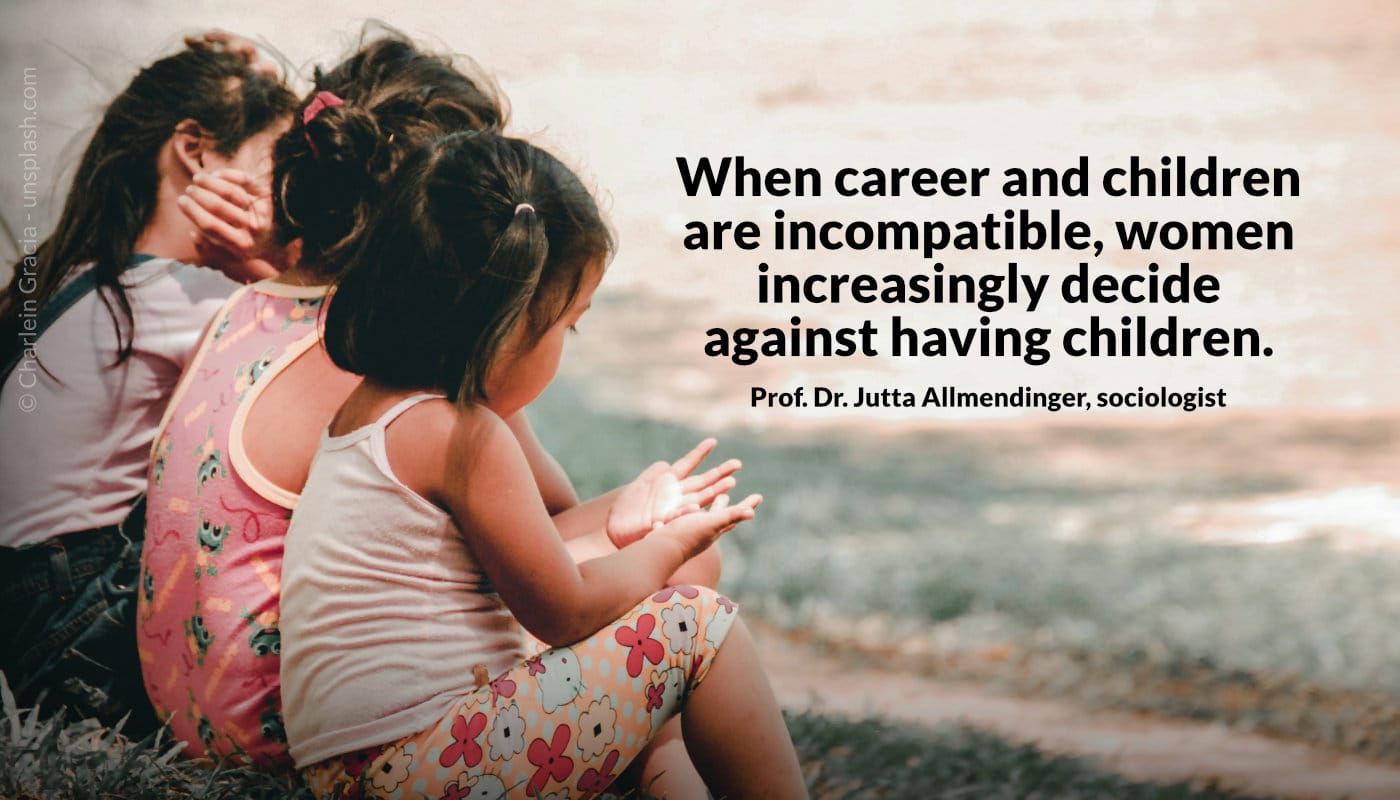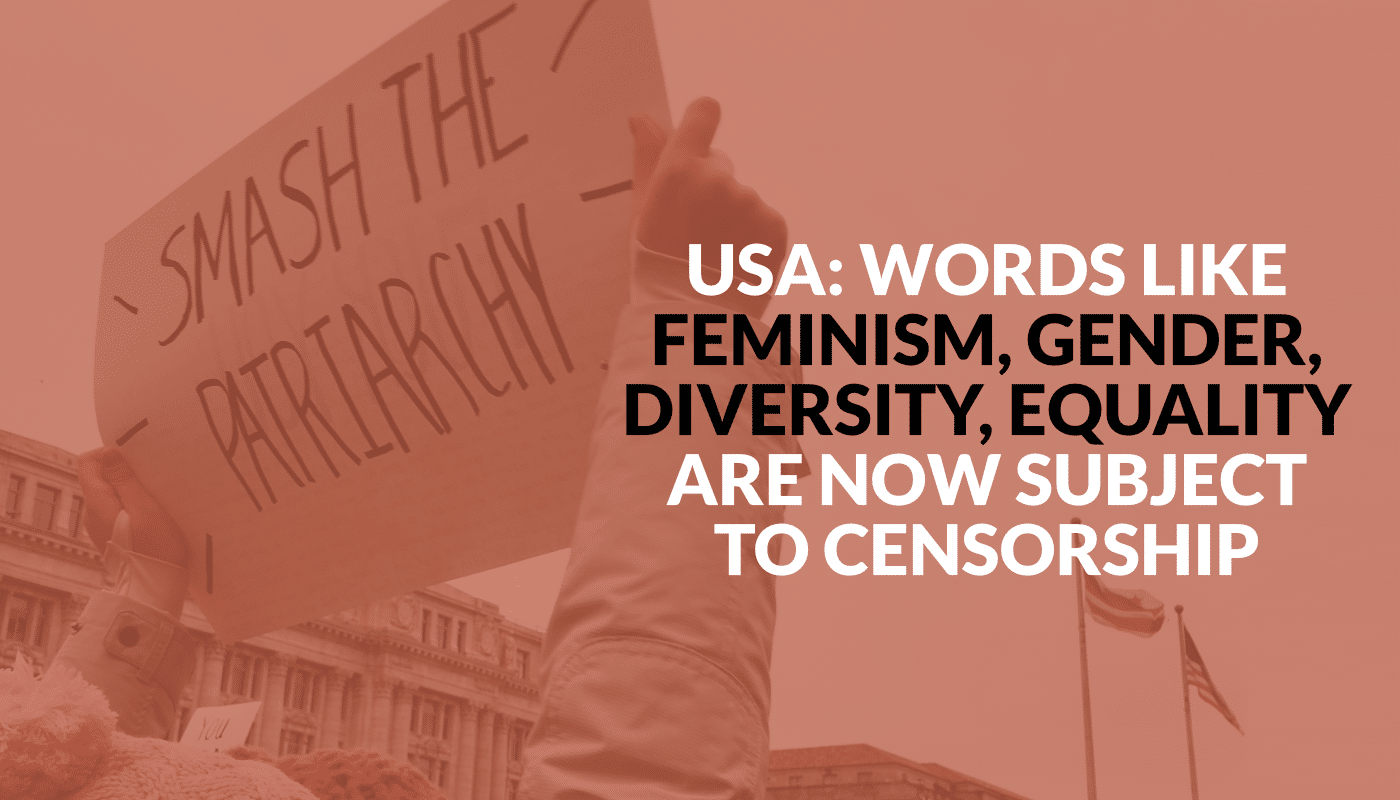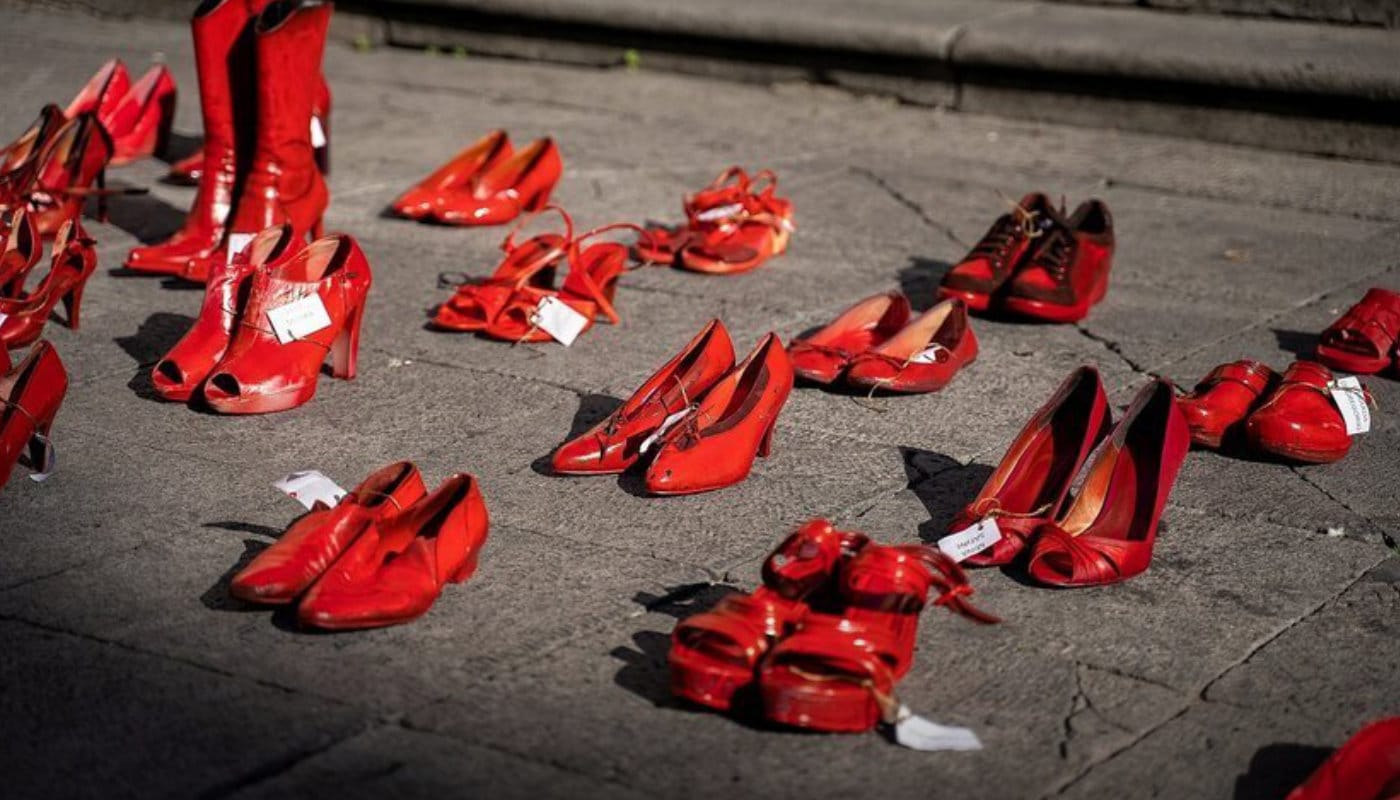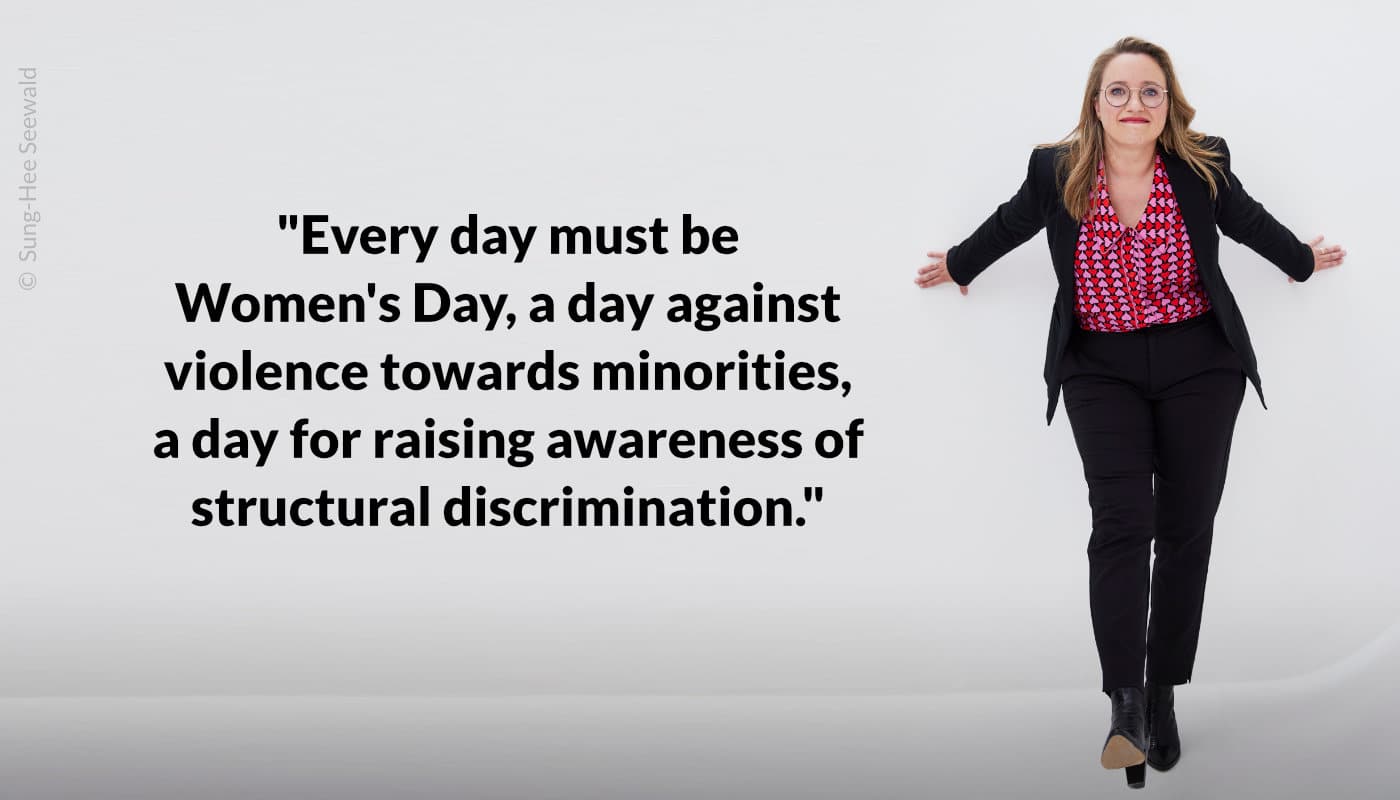“In Germany, we have so many assets that we can leverage. It’s just that we tend to talk them down and underestimate them,” says Vera Schneevoigt in an interview with Christoph Pause from New Management Haufe Group. With her book “Wir können Zukunft” (“We can shape the future,”) she aims to counter the prevalent sense of depression and provide impulses for a positive change towards diversity.
Vera is a member of the herCAREER community and a longtime ally 😊
She finds it normal “that we’re currently struggling a bit here in Germany. We’re experiencing a lot of changes all at once. War in Ukraine, war in the Middle East, global warming and climate change, with all the consequences for our lives. (…) But if we look around and if we look back, then we realize that we can solve the tasks.”
She advocates for “always being curious, open, and learning. There’s no point where you can say, now it’s enough, I know enough, I’m no longer interested in technological or other developments or they don’t concern me.”
Generations should not work against each other. Everyone would benefit if young people, starting their careers, could benefit from the experiences of the older generation – and the older generation from the skills and worldview of the younger ones.
Leadership is not something bad, but means great responsibility. “People-centered” leadership puts people instead of processes at the center. Many young people have a different understanding of leadership, which is why it is important to have intensive discussions across generations.
Demands for a reduction in working hours are legitimate, according to Vera. “I find the self-satisfaction of many in my generation annoying, who repeatedly publicly declare that it was natural for them to work 50 or 60 hours a week, and people today should try a bit harder.” Weekly working hours are a quantitative measure that says nothing about the quality of work or the performance achieved. Everyone who works long hours pays a price for it – and so do their families and friends. The notion of what work actually is has changed. Today, care work also plays a role.
Vera and her husband are volunteers. In 2015, they took in two foster children from Syria. Some problems wouldn’t be as big as they seem if more people did that, and it would also help solve the labor shortage. “We have immigration, we need immigration, so we should all actively shape it.”
After the 2021 flood disaster in the Ahr Valley – her home – she was impressed “how quickly people supported each other, how many small and large initiatives were created that (…) came to the aid of the needy. It showed me what we can achieve when we want to.”

Posted by herCAREER,
References:


